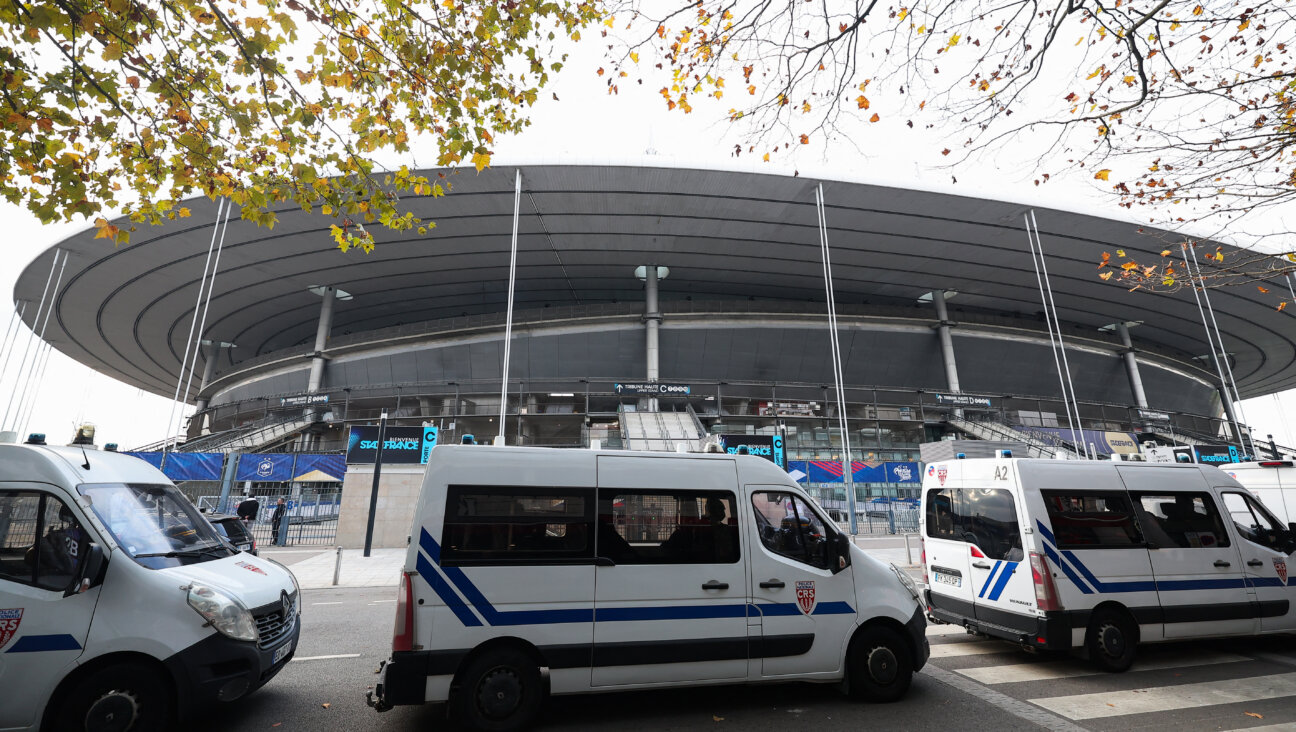Dispatch from a Lost Tribe: Quebec Mohawks Expel Intermarrieds
The Montreal Gazette reports in this February 3 article that the Kahnawake Reserve (Canadian for reservation) of the Mohawk nation, just outside Montreal, has issued expulsion orders to about 25 whites living illegally on the reserve. It sounds a lot like a miniature version Israel’s struggles over refugees and foreign workers.
About 25 non-natives — mostly white people involved in relationships with Mohawks — are being asked to leave the reserve because Mohawk law does not allow them to live there, said Joe Delaronde, press attaché for the Mohawk Council of Kahnawake.
“They are people with no native ancestry at all,” Delaronde said in an interview yesterday.
According to Mohawk law, non-aboriginals have no residency rights. About 7,500 Mohawks live on the reserve.
But this isn’t just about illegal aliens and residency laws. No, it’s much closer to home than that.
In 1981, the community announced a moratorium on mixed marriages, which meant that non-natives who married Mohawks after that year would no longer have the right to live on the reserve. Any non-native who had married a Mohawk before the moratorium is still permitted to live on the reserve.
In the 1980s, some Mohawks contested the policy before the human rights tribunal, but lost. The courts have ruled that Mohawks can make any membership policy they deem necessary for their survival as a people.
“We’re very concerned about protecting our identity because at a certain point, the Canadian government will look at us and say: ‘You are not even Indians,’” Delaronde said.
“We are very proud of our heritage and protective about it. We don’t have a whole hell of a lot of it left. This is part of revitalizing the community.”
“We are very proud of our heritage and protective about it. We don’t have a whole hell of a lot of it left. This is part of revitalizing the community.”
There are more twists here than first meet the eye. For one thing, Kahnawake is on Montreal’s South Shore, just across the St. Lawrence River (here’s a map) and a bit downstream from the storied “place by the river” where Suzanne took you down in Leonard Cohen’s beloved song. Put differently, it’s about five miles due south of Bialik High School in Cote-St.-Luc.
However, if the name Kahnawake sounds familiar to you, you may have been up to something naughty: The reserve is best known as the home of the Kahnawake Gaming Commission, which operates on-line gambling casinos and poker sites under Mohawk tribal law. Wagering over telephone lines is illegal everywhere else in Canada and the United States. Not surprisingly, KGC servers are the only servers in North America that host real-money online gambling; all other real-money servers are housed in the Caribbean, Australia and Europe and are considered less reliable. According to WinnerOnline.com, the attorneys general of both Canada and Quebec have ruled the Kahnawake operation illegal, but the authorities have been reluctant to enter the reserve for the last 20 years. Here’s why:
There was a heated standoff in the summer of 1990 between the Canadian military and Mohawk warriors from the Kahnawake and neighboring Kanesatake reserves over disputed land. Mohawks emerged victorious from the confrontation, but federal and provincial authorities are now reluctant to enter the reserves — or take a strong stand on native issues, for that matter.
For out of Kahnawake went forth the law. And the unwanted aliens. And the intermarried. Sounds like home, no? Or as they say in Yiddish, Plus ca change, plus ca reste la meme chose.
A message from our CEO & publisher Rachel Fishman Feddersen

I hope you appreciated this article. Before you go, I’d like to ask you to please support the Forward’s award-winning, nonprofit journalism during this critical time.
At a time when other newsrooms are closing or cutting back, the Forward has removed its paywall and invested additional resources to report on the ground from Israel and around the U.S. on the impact of the war, rising antisemitism and polarized discourse.
Readers like you make it all possible. Support our work by becoming a Forward Member and connect with our journalism and your community.
— Rachel Fishman Feddersen, Publisher and CEO























